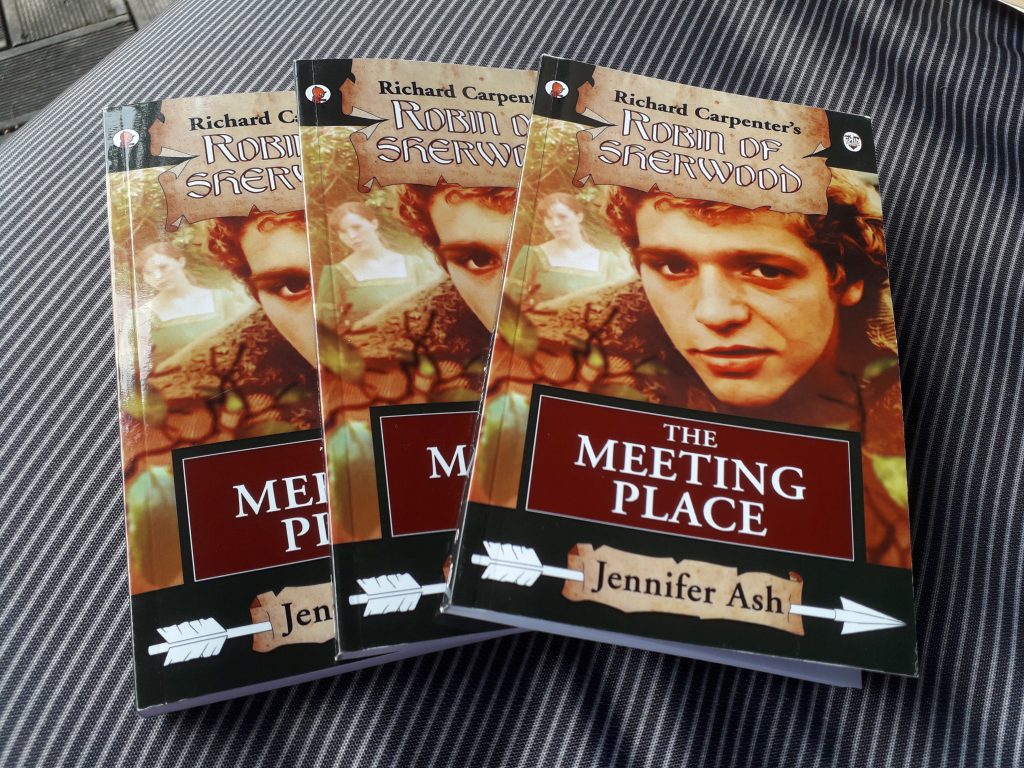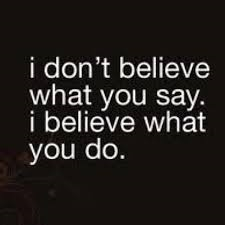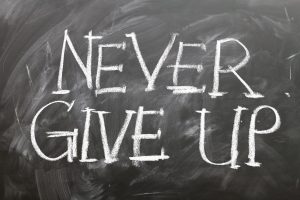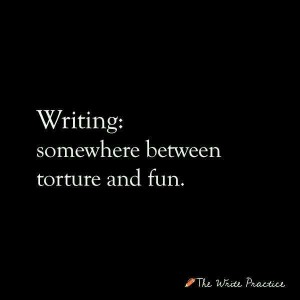I’m honoured to have the brilliant Ashley Lister with me today, to talk about his forthcoming creative writing book, How to Write Short Stories.
I’ve had the pleasure of being taught by Ashley – and having taught him in return. He is a wonderful writer, poet, creative writing lecturer, and a right good chap…
Over to you Ashley…
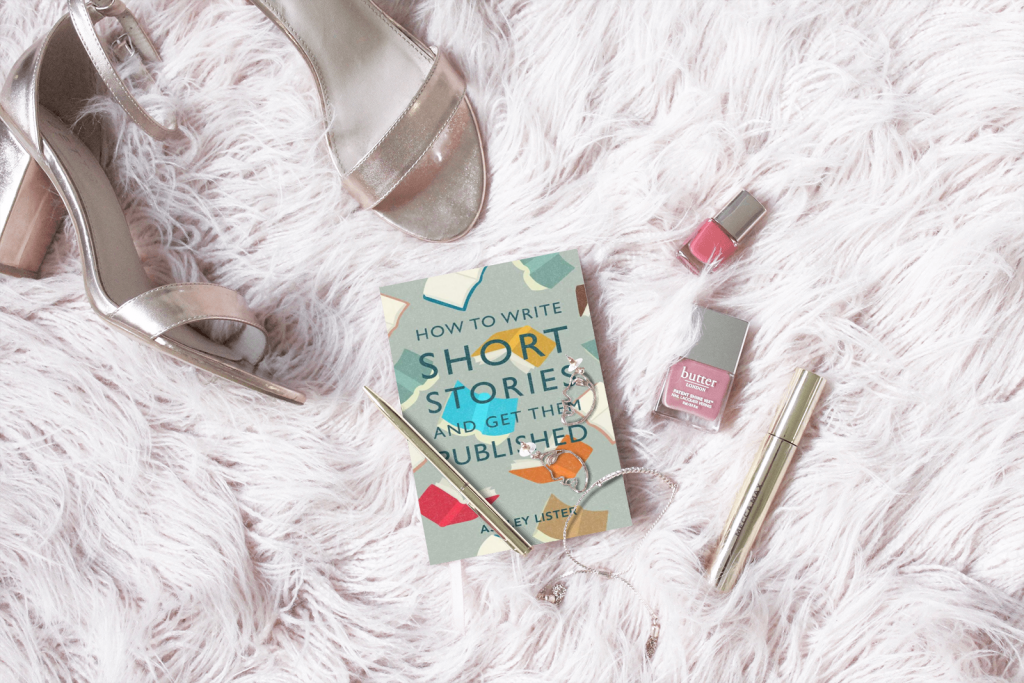
To my mind, short stories are different from any other kind of writing.
Not only is the short story shorter than the novel, but the novel is allowed to ramble and take the reader on digressions. A short story can’t get away with that. If we’re reading Charlotte Perkins Gilman’s ‘The Yellow Wallpaper’, we’re reading a story where every word must count. There is no scope for the main character to have thoughts on the weather, local politics, or the imagined shoe sizes of indigenous otters. The main character can’t take a trip to B&Q and study wallpaper swatches in the hope of redecorating. Every syllable in the short story needs to stay focused on the purpose of that narrative.
Poetry shares this specificity of restrained vocabulary, where every syllable is vital to the message being conveyed. But poetry is invariably shorter, and to my mind, unlike short stories, good poetry usually has a rhyme such as the one below:
There was an old woman from Hyde
Who ate rotten apples and died
The apples fermented
Inside the lamented
And made cider, inside her insides.
All of which is my way of saying that the short story is unlike any other form of literature out there. I say this with fondness in my voice because I genuinely love the short story. I’ve written hundreds of short stories; I’ve obtained a PhD based on a thesis I wrote about short stories; and now I’ve published a book explaining how to write short stories.
How to Write Short Stories and Get Them Published is the essential guide to writing short fiction. It takes the aspiring writer from their initial idea through to potential outlets for publication and pitching proposals to publishers.
Along the journey this guide considers the most important aspects of creative writing, such as character, plot, point of view, description and dialogue. All of these areas are illustrated with examples of classic fiction, and accompanied by exercises that will help every writer hone their natural skill and talent into the ability to craft compelling short stories.
How to Write Short Stories and Get Them Published is due out in December of 2019. It’s published by Little Brown and you can pre-order your copy using this link: https://www.amazon.co.uk/dp/1472143787/ref=cm_sw_em_r_mt_dp_U_fpDlDbM5CS66H
Today, because my good friend Jenny invited me to write a blog post about my forthcoming book, I thought it would be prudent to share five tips for short story writing.
- Read good stories. Read people who know what they’re doing with a pen. If you’re reading this blog, it’s likely that you’re already familiar with the writing of Jenny Kane/Jennifer Ash: read her books and watch how she demonstrates her mastery of the craft. There is a balance between description and action. There is a strong use of character and dialogue. Watch how she does this, make notes, and try to emulate this sophisticated style of writing.
- Read rubbish stories. Like a lot of parents people, I’ve sat through some bloody awful films that my child thought would be entertaining (such as Theodore Rex, and The Cat in the Hat). Rather than grumbling about this, or trying to sleep or better my score on Candy Crush, I’ve used this as a learning experience. What don’t I like about the film? Is the dialogue too stilted? Am I having difficulty empathising with the characters? Is the plot too outrageous? Is the whole thing too dull? I make mental notes as I’m watching and I silently vow to avoid these mistakes in my own writing.
- Practice. Writing is a skill. We only develop our skills through practice: therefore it makes sense to practice. Aim for an hour a day if possible. If family, work, or life get in the way of that, steal whatever minutes you can find, and use them to help develop your craft. (I should also mention that my forthcoming book, How to Write Short Stories and Get Them Published, includes lots of writing exercises to act as spurs for creativity).
- Be honest with yourself. Once you’ve written a story, read through your work and assess whether or not it did what you wanted. If it was a horror story, do you think it frightens? If it’s a romance, will it make your readers feel satisfied in their belief of the power of love? Is it cohesive? Are there parts that work and parts that don’t work? Does it need a little editing or a lot of editing? Being honest is not simply a matter of saying, “That’s brilliant,” or “That’s rubbish.” It’s a matter of saying, “Does this story do its job?” And if not: “What I can do to amend it so that it does do its job?”
- Write the stories. Polish the stories. Send the stories out to potential publishers. And, when you get rejected, send the stories out again and again. Writing is not easy. Publishing is even harder. And remaining positive in the face of rejection is damned near impossible. However, if you believe in your writing, and if you approach the market intelligently, there’s no reason why every capable writer shouldn’t be able to get their work to the audience that needs them.
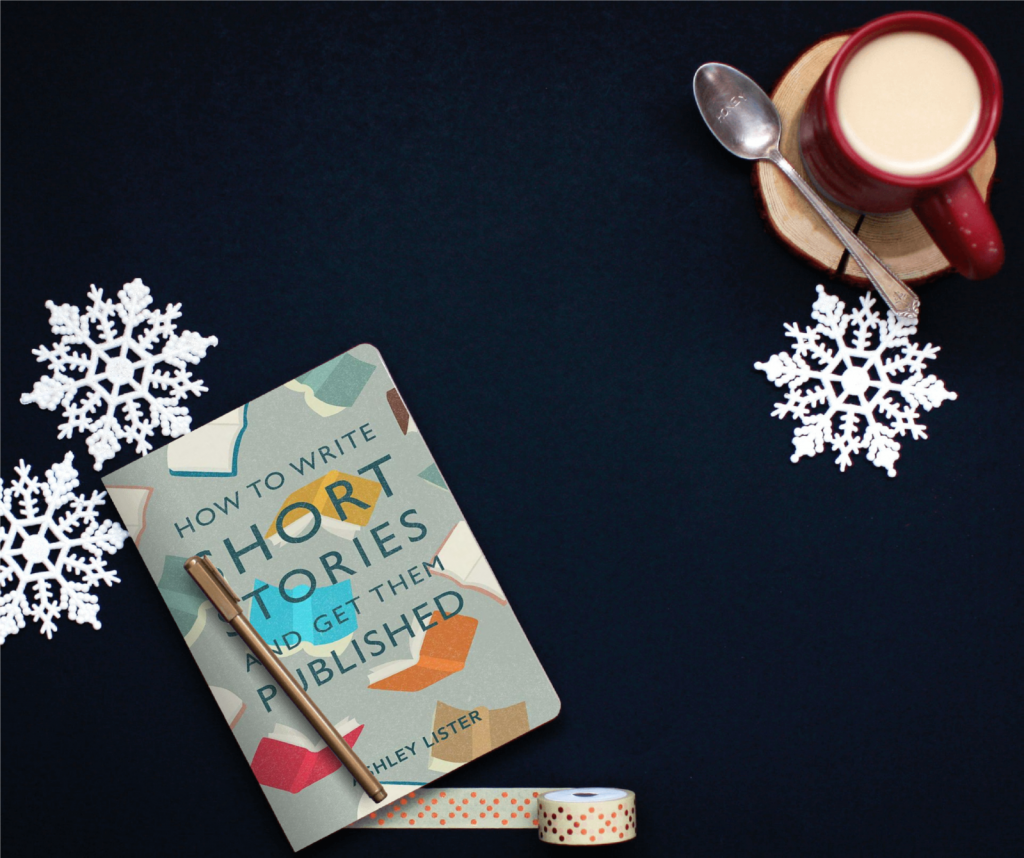
As I mentioned before, How to Write Short Stories and Get Them Published is due out in December of 2019. It’s published by Little Brown and you can pre-order your copy using this link: https://www.amazon.co.uk/dp/1472143787/ref=cm_sw_em_r_mt_dp_U_fpDlDbM5CS66H
***

Bio
Ashley Lister is a prolific writer, having written more than fifty full length books and over a hundred short stories. Aside from regularly blogging about poetry and writing in general, Ashley also lectures in creative writing.
***
Many thanks Ashley,
This looks like a must read for any creative writer.
Happy reading- and writing- everyone,
Jenny x

